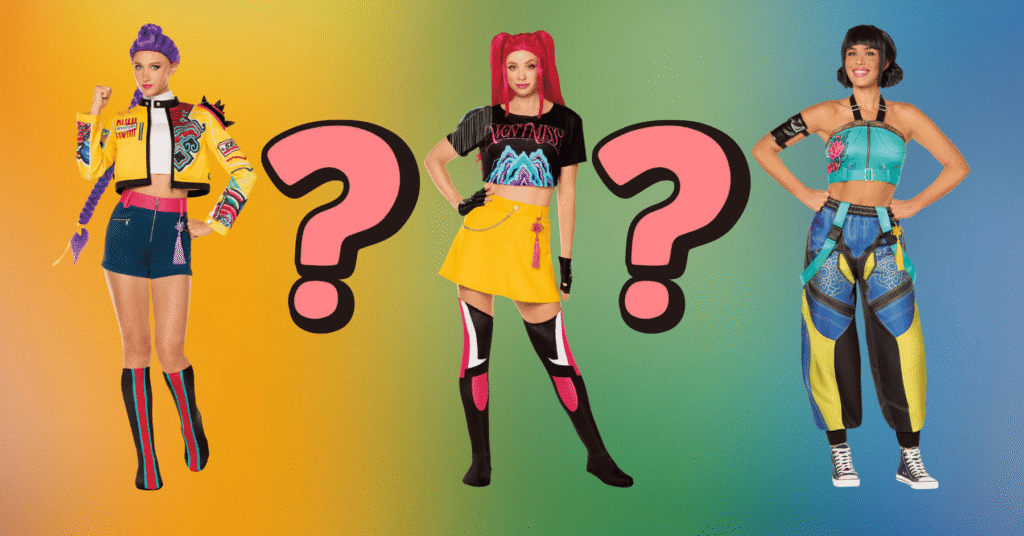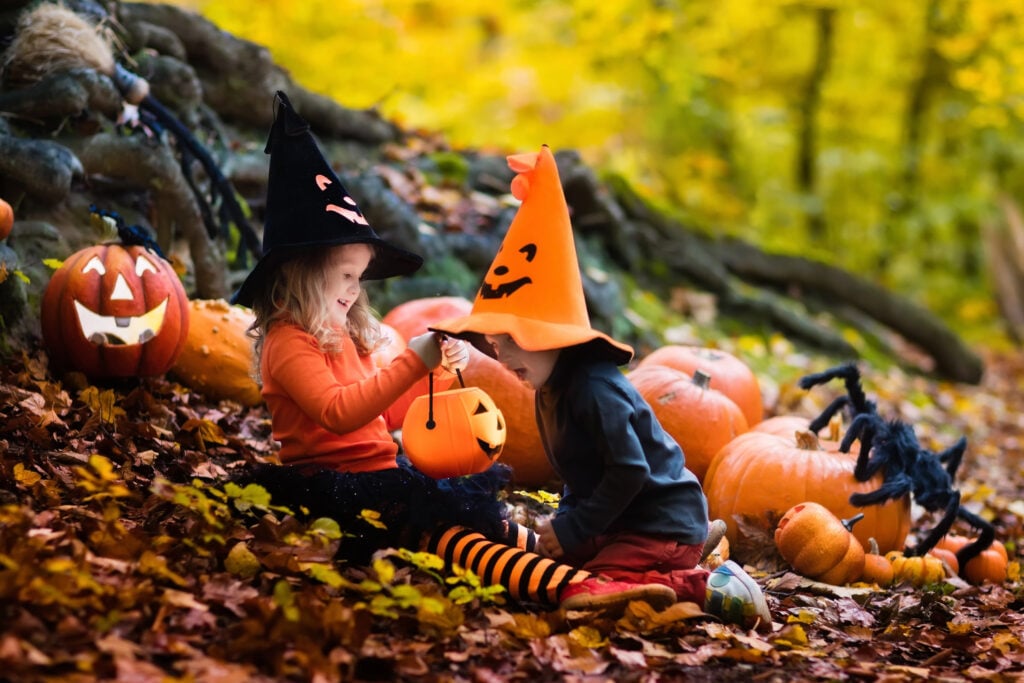
A few years ago, my dragon-obsessed kid wanted to be the one and only Toothless from the How To Train Your Dragon franchise for Halloween. We scoured the internet and local costume shops and found an adorable outfit that would turn them into the slobbery Night Fury, no problem.
Only, there was a problem. The way the costume worked, my kid’s face would be in the open mouth of the dragon, which had us asking the question: Is it ok to paint her face black as part of the “inside” of Toothless’ mouth?
To some, that may seem overthinking, but the results were split among the people we asked. Some said it was ok, others said absolutely not. The truth is that Blackface and costumes that relate to people’s cultures and stereotypes about them are still prevalent at Halloween. Not a year goes by that a celebrity or public figure doesn’t wear a wildly inappropriate costume, of which they seem blissfully unaware.
In 2013, dancer and singer Julianna Hough wore blackface to portray a character from the Netflix show Orange Is The New Black and faced huge backlash because of it. Model Heidi Klum, known for her wild Halloween Costumes, drew criticism in 2008 for portraying the Hindu Goddess Kali. Even former Canadian Prime Minister Justin Trudeau had a costume from his teaching career come back to haunt him when he entered politics.
This year, the biggest ticket for Halloween is, of course, Rumi, Mira, and Zoey, stars of the Netflix movie KPop Demon Hunters. Parents everywhere are scouring the internet for costumes and costume pieces, and some are asking themselves, “Is it ok for my child to cosplay a Korean singer if we aren’t Korean?” Or is that cultural appropriation?
When Is A Costume Culturally Insensitive?
It’s a good question to ask, as many of us have been raised without asking that question. As a result, cultural appropriation in Halloween costumes isn’t a new thing. Stores have sold and people have made costumes based on cultural stereotypes for decades, thinking it was perfectly harmless, with some even arguing that dressing up is a form of homage.
Cultural appropriation, simply put, is “taking elements of someone else’s culture without permission,” Susan Scafidi, author of “Who Owns Culture: Appropriation and Authenticity in American Law,” told USA TODAY in 2019.
If the costume in question has blatant or mean-spirited elements to it that are from a culture other than yours, then it might be best to move on from it. Some might cry ignorance, saying that they didn’t know or understand that an aspect of the costume was offensive. To that, it’s hard not to say “google it” to make sure it’s not going to hurt someone.
In 2021, Aart Olivia, an Indian writer and activist, wrote for the Daily Collegian, the official UMass newspaper, “When you have been colonised, had your finery stolen, and your identity poked fun at, cultural appropriation is not just personal; It points to a bigger picture.”
This is also applicable to costumes representing other marginalized groups. The classic “hobo” for example doesn’t say much that’s good about the unhoused population. When I was in college, it was very popular for guys to dress up as women. In hindsight, that doesn’t say much about how we view women and could be pretty upsetting to someone from the Trans community.
How Can Parents Avoid Cultural Appropriation At Halloween?

First of all, talk to your kids about it long before Halloween. Help them understand that sometimes a costume is more than a costume. No one is going to be hurt by a Paw Patrol or Spongebob costume, but Aladdin might raise an eyebrow or two.
When it comes time to make or get the actual costume, I’ve found steering my kids towards costumes (either made or store bought) that represent a non-human character or plays off of a joke or meme is fun too, because Halloween is a time to get wild and spooky, not be boring old humans!
When you get that costume, ask yourself: Does the costume contain elements of ancestral heritage of a culture I don’t belong to or fully understand? Does the costume objectify or degrade the person or culture it’s portraying? Is the costume in question based on a stereotype or caricature of a person or culture? Also, avoid using makeup or prosthetics to alter your child’s face to resemble another culture.
So, About KPop Demon Hunters
For the most part, I think it’s important to remember that people are generally understanding. If you take a moment to look into it, it’s easy to distinguish a fun costume from a potentially offensive one. Common sense says if you’re questioning the costume in the first place, you may want to avoid it to be safe.
In the case of kids wanting to dress up as their favourite KPop Demon Hunter, Actor Alan Lee, who voiced Mystery Saja and KPop Demon Hunters writer/director Maggie Kang, have both put their stamp of approval on the costumes.
Hyeyoung Woo, Ph.D., a Professor of Sociology and Director of the Institute for Asian Studies at Portland State University, whose research focuses on modern Korean society and culture, agrees with Kang and Lee’s take.
Woo told Parents.com https://www.parents.com/heres-why-its-not-offensive-for-your-kids-to-dress-up-as-the-characters-from-kpop-demon-hunters-11828940, “if their children would like to dress up as either HUNTR/X or the Saja Boys for Halloween, parents should appreciate the culture that’s been introduced to them through the film in such a creative and inspiring way.”
In our house, there’s going to be at least one Rumi hitting the trick-or-treating, and as far as that Toothless costume goes, as they tend to do, the kid in question decided last minute to be something else, so the debate ended there. But we were all glad that we had it.
